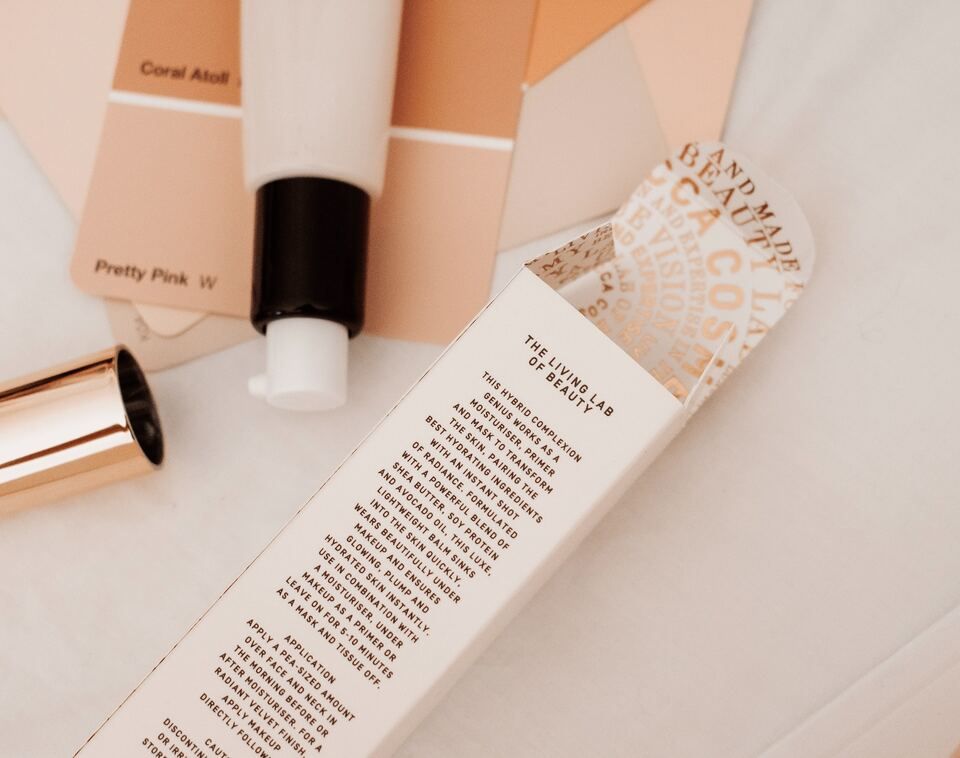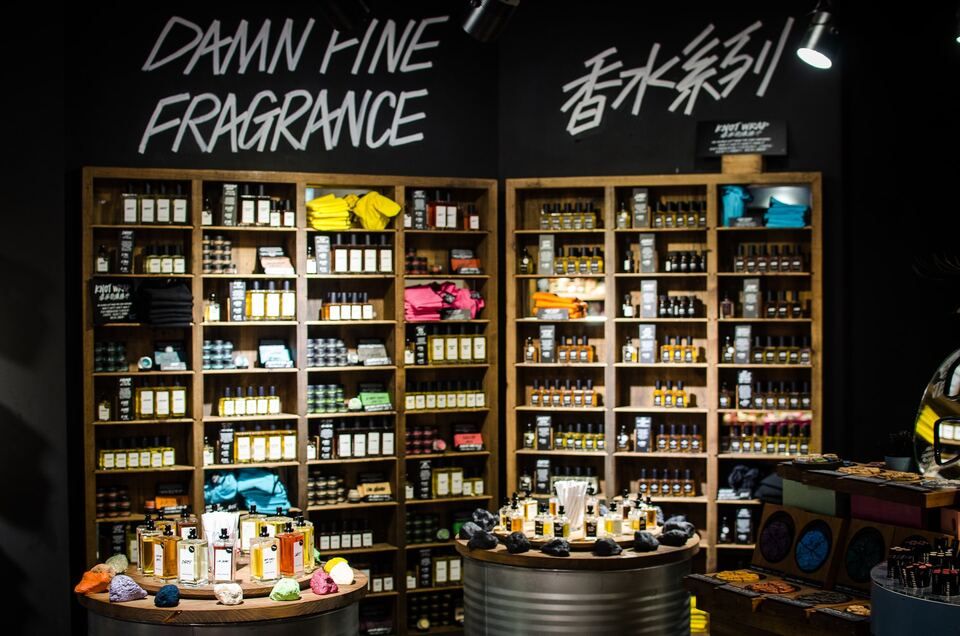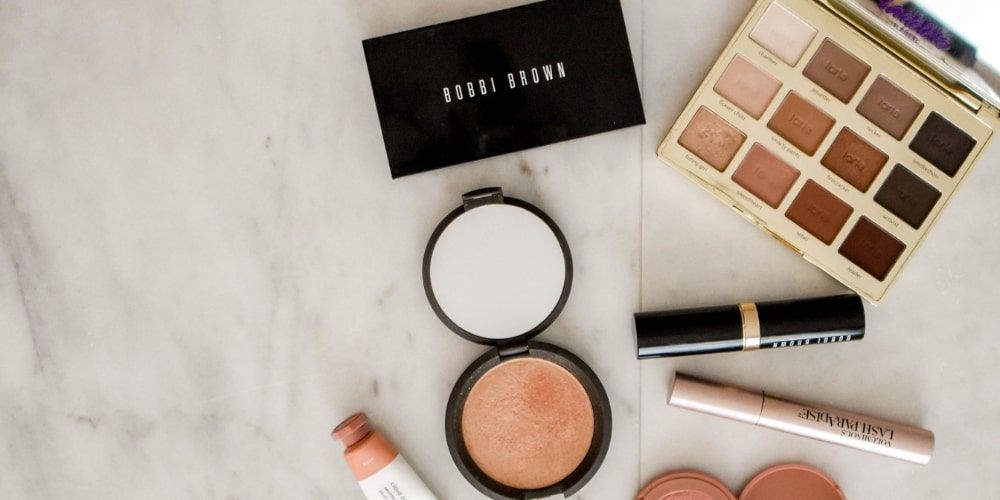Why Does Sustainable Cosmetic Packaging Matter?
As consumers are becoming more aware of the environmental implications of their choices, sustainability is increasingly factoring into their purchasing decisions. We’re seeing a trend of customers demanding more transparency, sustainable beauty, ethically sourced ingredients, and packaging that minimally affects the environment.
Historically, the cosmetic industry is known for its excessive use of plastics and non-recyclable materials. In a UK-based study in 2021, 58% of responders who purchased sustainable cosmetics stated that they did so because "They are better for the environment and nature". As companies are pay more attention to their environmental impact, they look to significantly reduce their ecological footprint.

Eco-Friendly Types of Packaging for Beauty
When it comes to eco-friendly beauty packaging, materials like aluminum, tin, and stainless steel stand out as preferable choices. These metals are usually non-toxic, lightweight, easy to recycle, user-friendly, and functional in both cold and hot climates. Moreover, they can be used in plastic-free packaging, an increasingly popular trend in the industry.
Beyond metal, we are seeing an emergence of innovative and sustainable packaging solutions available for the cosmetics industry, such as:
- Bamboo packaging: Bamboo is a fast-growing plant, making it a renewable resource. It's also biodegradable and compostable.
- Paper packaging: Paper is another widely used material. It is recyclable, and when sourced from responsible manufacturers, it can be a sustainable choice.
- Refillable packaging: This encourages consumers to reuse the packaging by offering product refills, thus reducing waste.
- Beeswax packaging: It's a natural, renewable, and biodegradable alternative to plastic.
Overcoming Challenges in Implementing Sustainable Packaging Solutions
Despite the clear benefits, the beauty industry faces several challenges when implementing sustainable packaging solutions:
- Higher costs
- Limited availability of materials
- Need for specialized manufacturing processes
- Ensuring the packaging protects the product effectively
- Educating consumers about new packaging materials and disposal methods
To overcome these challenges, companies can adopt a gradual approach, starting with small changes and scaling up as they become more proficient. They can also partner with environmental organizations or sustainability experts to access the latest technologies and strategies. Lastly, educating consumers about the benefits and importance of sustainable packaging can help create demand and acceptance for these new practices.

Sustainable Packaging Success Stories
Several cosmetic brands have successfully implemented sustainable packaging in their operations over the years. An article by Earth curated a list of 14 sustainable cosmetic brands - Some of the most popular include:
- LUSH - Lush is a leader in sustainability, recycling 90% of its packaging, and even runs a plastic packaging-free cosmetics shop in Manchester.
- Herbivore - Herbivore uses recyclable glass packaging and ensures its products are free from fossil fuel derivatives.
- Giorgio Armani - Luxury brand Giorgio Armani prioritizes sustainability, investing £7 million in clean water projects through its Acqua for Life initiative.
- L’Occitane - L’Occitane has advocated for sustainability since the '90s, significantly reducing plastic usage with a goal for 100% recycled plastic bottles by 2025.
- Clarins - Clarins is engaged in the Plastic Odyssey challenge to increase awareness about plastic waste and recycling potential, and maintains three bee hives at its Paris HQ to promote biodiversity.
Beauty & Cosmetic Packaging FAQ’s
What is sustainable packaging in the cosmetics industry?
Sustainable packaging refers to the use of materials and production methods that have minimal impact on the environment. This includes using recycled or biodegradable materials, reducing the amount of packaging used, and implementing refillable or reusable packaging systems.
Why is sustainable packaging important in the cosmetics industry?
It significantly reduces the environmental impact of the products. The cosmetics industry traditionally relies heavily on single-use plastics and excessive packaging. Shifting towards more sustainable alternatives helps reduce waste and pollution, conserve resources, and cater to the growing demand of environmentally conscious consumers.
Can sustainable packaging influence my choice of cosmetic products?
Yes, more consumers are considering the environmental impact of their purchases, and this includes the packaging of cosmetic products. Brands that prioritize sustainable packaging not only demonstrate environmental responsibility but can also offer a higher quality user experience since sustainable materials like glass and aluminum can be more sturdy and aesthetically.
--
In conclusion, sustainable packaging in the cosmetics industry is not just about environmental responsibility. It's also about meeting consumer demand, standing out in a crowded market, and contributing to a future where beauty and ecology coexist harmoniously. As demonstrated by brands like Lush, Herbivore, and Giorgio Armani, sustainability is a viable and profitable strategy that can have a significant impact on a brand's image and success.
